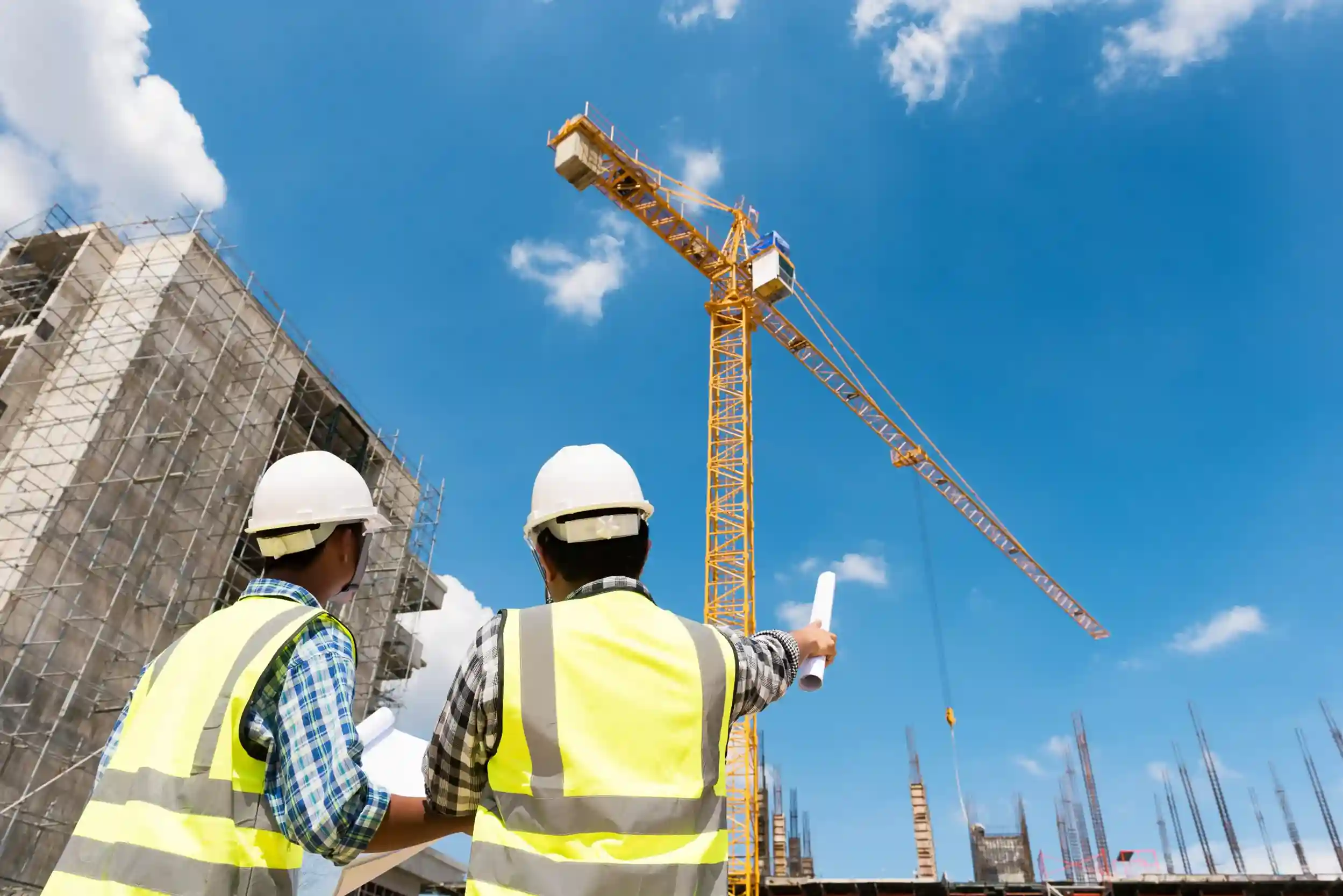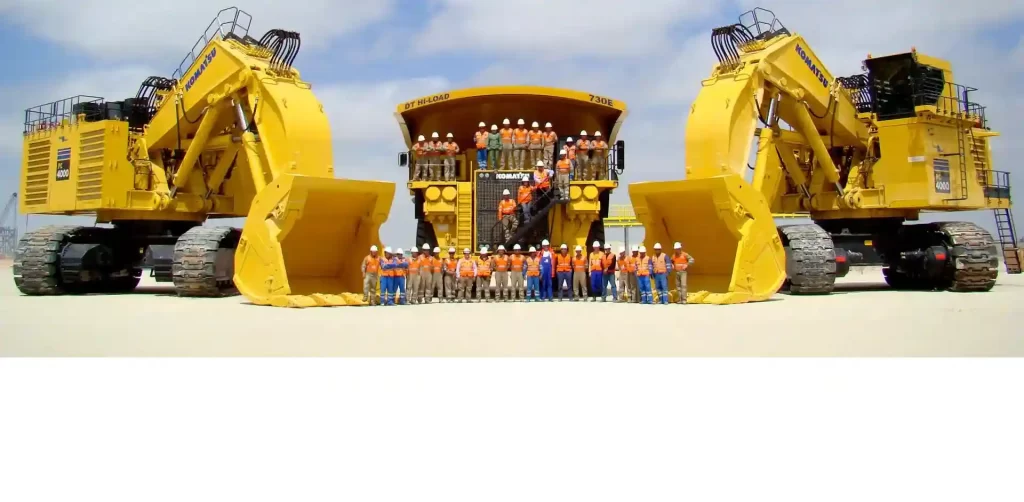Conclusion
Contractors play a vital role in the success of construction projects. With responsibilities ranging from project management, material and labor procurement, to quality and safety supervision, contractors ensure that projects are completed effectively and on time. With the support of advancing technology, contractors are improving efficiency and reducing the risks of errors, making their work even more essential to the industry.



